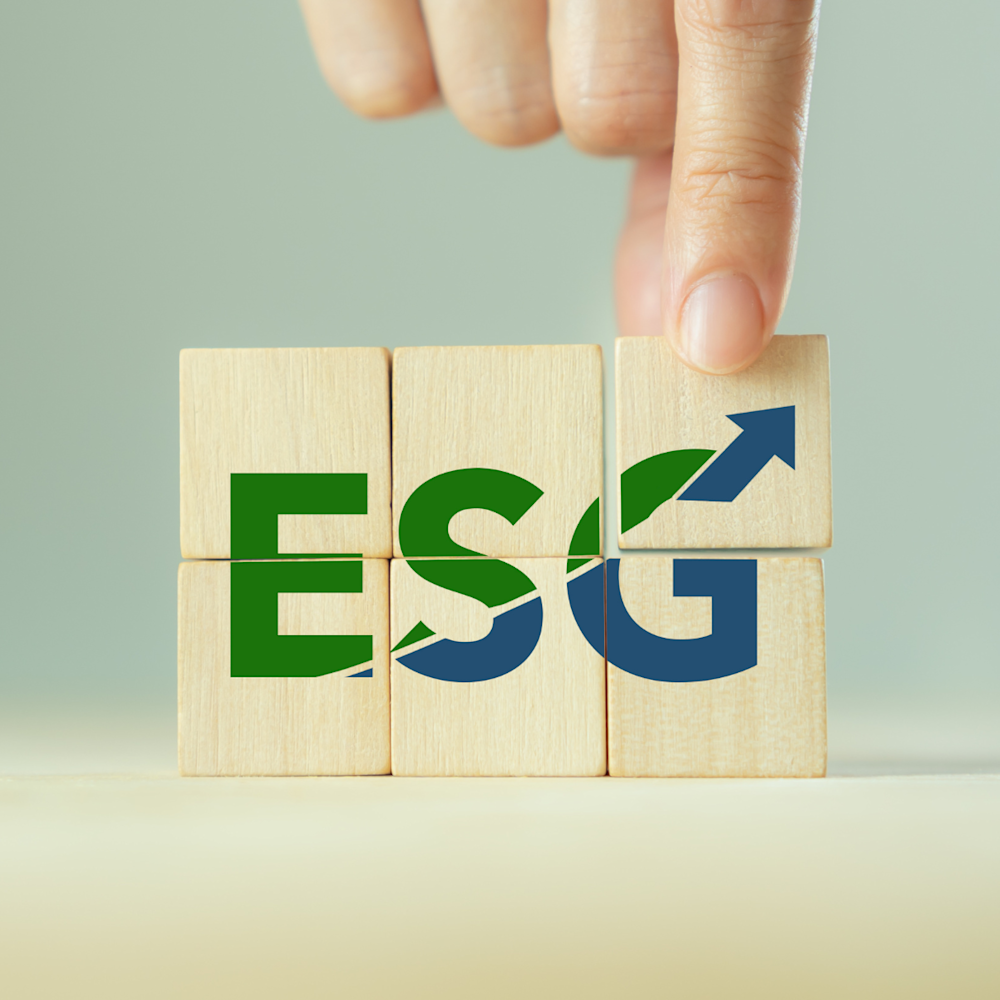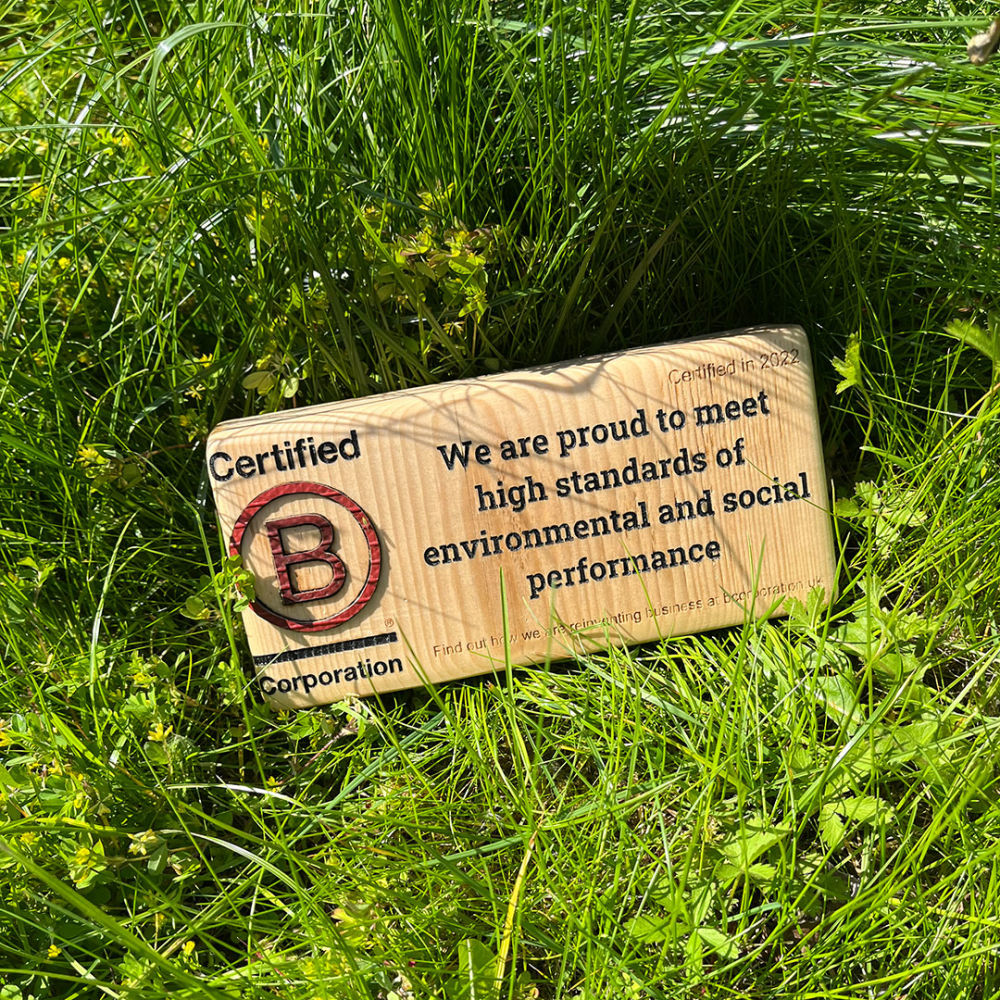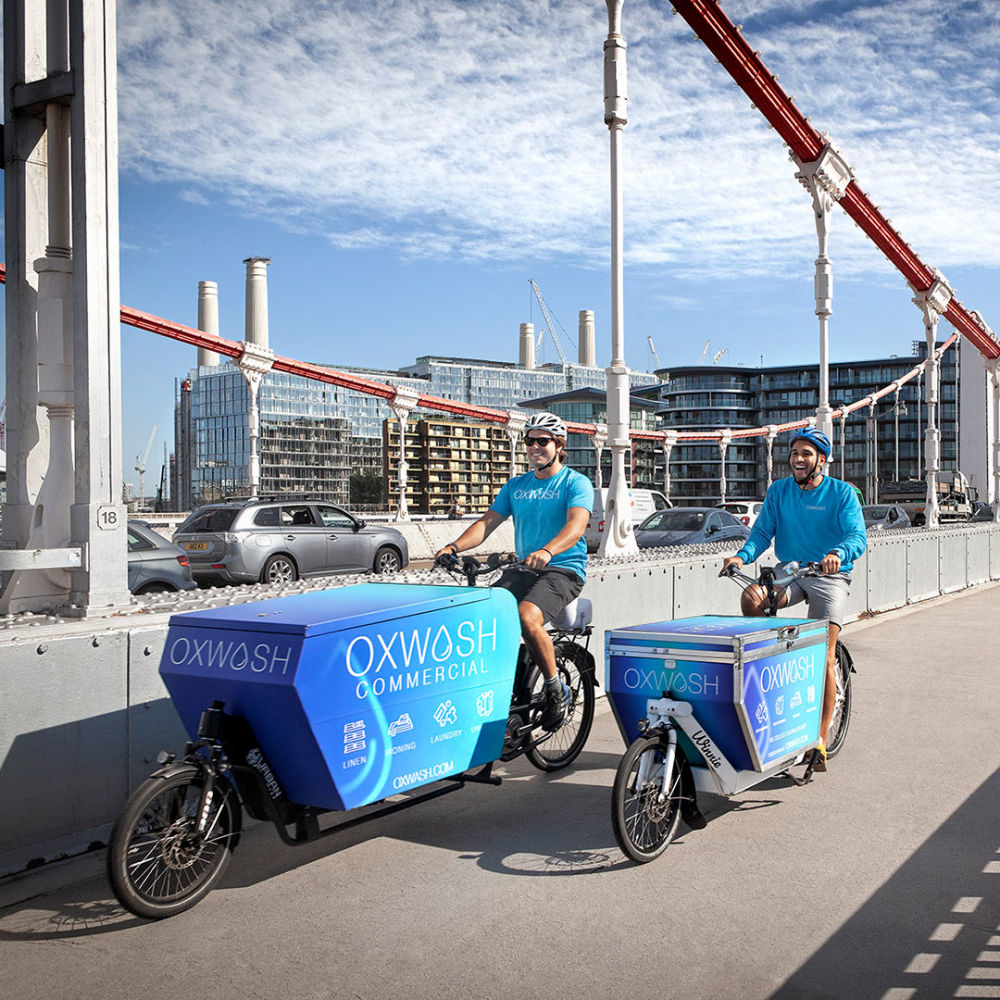Our sustainability report is now live and free to download!
What are the best sustainability reporting practices for hotels?
What are the best sustainability reporting practices for hotels?


Business & Insights
Hotels
In today's socially and environmentally conscious world, the hospitality industry faces increasing pressure to demonstrate its commitment to sustainable practices. As such, sustainability reporting has become a crucial tool for hotels to communicate their efforts and achievements in areas such as environmental stewardship, social responsibility, and economic impact.
Corporate social responsibility can heighten consumer interest, enhance brand image, and improve ESG (environmental, social, governance) scores, which are increasingly important in financial markets.
However, crafting an effective sustainability report can be a daunting task, as it requires striking a balance between comprehensiveness, transparency, and stakeholder engagement.
In this blog, we will explore best practices for hotels to create impactful and credible sustainability reports that resonate with their stakeholders and drive positive change.
Define clear objectives and materiality
Before embarking on the sustainability reporting journey, hotels should clearly define the objectives and scope of their report. This involves identifying key stakeholders, such as guests, employees, investors, and local communities, and understanding their specific information needs and concerns.
Conducting a materiality assessment is crucial to determine the most significant environmental, social, and economic issues that impact the hotel's operations and align with stakeholder priorities.
Looking at the reports of similar hotels and hospitality businesses nearby and further away can help build your understanding of what a sustainability report should look like, and what works best for your industry.
Highlight initiatives and progress
The core of a sustainability report should showcase the hotel's initiatives and progress in addressing material issues. This may include energy and water conservation efforts, waste management programs, responsible sourcing practices, community engagement activities, and employee well-being initiatives.
Provide quantitative data and metrics to illustrate the tangible impact of these programs, but also include narratives, case studies, and testimonials that bring these efforts to life and resonate with stakeholders on an emotional level.
Embrace transparency and accountability
Credibility is the cornerstone of an effective sustainability report. Hotels should strive for transparency by openly acknowledging challenges, setbacks, and areas for improvement.
Disclosing both successes and shortcomings demonstrates a genuine commitment to accountability and continuous improvement. Additionally, engaging independent third-party assurance providers can further enhance the report's credibility and build trust with stakeholders.
It’s important that hospitality establishments do not make up or inflate the importance of any single initiative. Aside from the fact that consumers and peers will not forget it, future report reading can be skewed negatively.
Align with industry standards and frameworks
To ensure consistency and comparability, hotels should align their sustainability reporting practices with widely recognised industry standards and frameworks.
Organisations such as Future+, Green Key, and B Corp™ provide guidance and methodologies tailored to the hospitality sector, enabling benchmarking and facilitating stakeholder understanding.
As an increasing number of businesses the world over utilise the same resources from the same sources, publishing sustainability reports will become more standardised and easier to follow over time.
Encourage stakeholder engagement
Sustainability reporting should not be a one-way communication process. Hotels should actively seek feedback and input from stakeholders throughout the reporting cycle. This can be achieved through surveys, focus groups, or dedicated feedback channels.
Addressing stakeholder concerns and incorporating their perspectives not only enhances the report's relevance but also fosters a culture of collaboration and continuous improvement.
Effective reporting drives business excellence and environmental stewardship
By embracing best practices in sustainability reporting, hotels can effectively communicate their commitment to environmental, social, and economic responsibility. A well-crafted sustainability report serves as a powerful tool for building trust, engaging stakeholders, and driving positive change within the industry.
Global brands like Marriott International are publishing annual reports alongside their targets, allowing the general public and shareholders to scrutinise the progress in its Serve360 reports. Like the majority of hospitality brands, Marriott’s goals are targeted towards achieving the UN’s Sustainable Development Goals.
The Radisson Hotel Group has just published its report on its 2023 activities. While many hotels set ambitious net zero targets, it’s important to make sure they’re achievable. Like Oxwash, Radisson verifies its targets with the Science Based Targets Initiative (SBTi) and works closely with Green Key. It’s essential that hotel groups like Marriott International and the Radisson Hotel Group publish annual figures next to their ambitions, and follow accepted conventions and the best practices.
As consumer and investor expectations continue to evolve, hotels that prioritise transparency, accountability, and stakeholder engagement in their sustainability reporting will be better positioned to thrive in an increasingly conscious and competitive market.
Apart from the business advantages that come from properly produced sustainability reports, it allows a business to honestly say that they’re trying to make the world a better place. The only way the hospitality industry can take stock of, and resolve high emissions and pollution discharge, is to publish the facts and hold themselves accountable.
Why we practise what we preach


Related Articles


B Corp™ certified.


Surpassing NHS-grade disinfection.




















